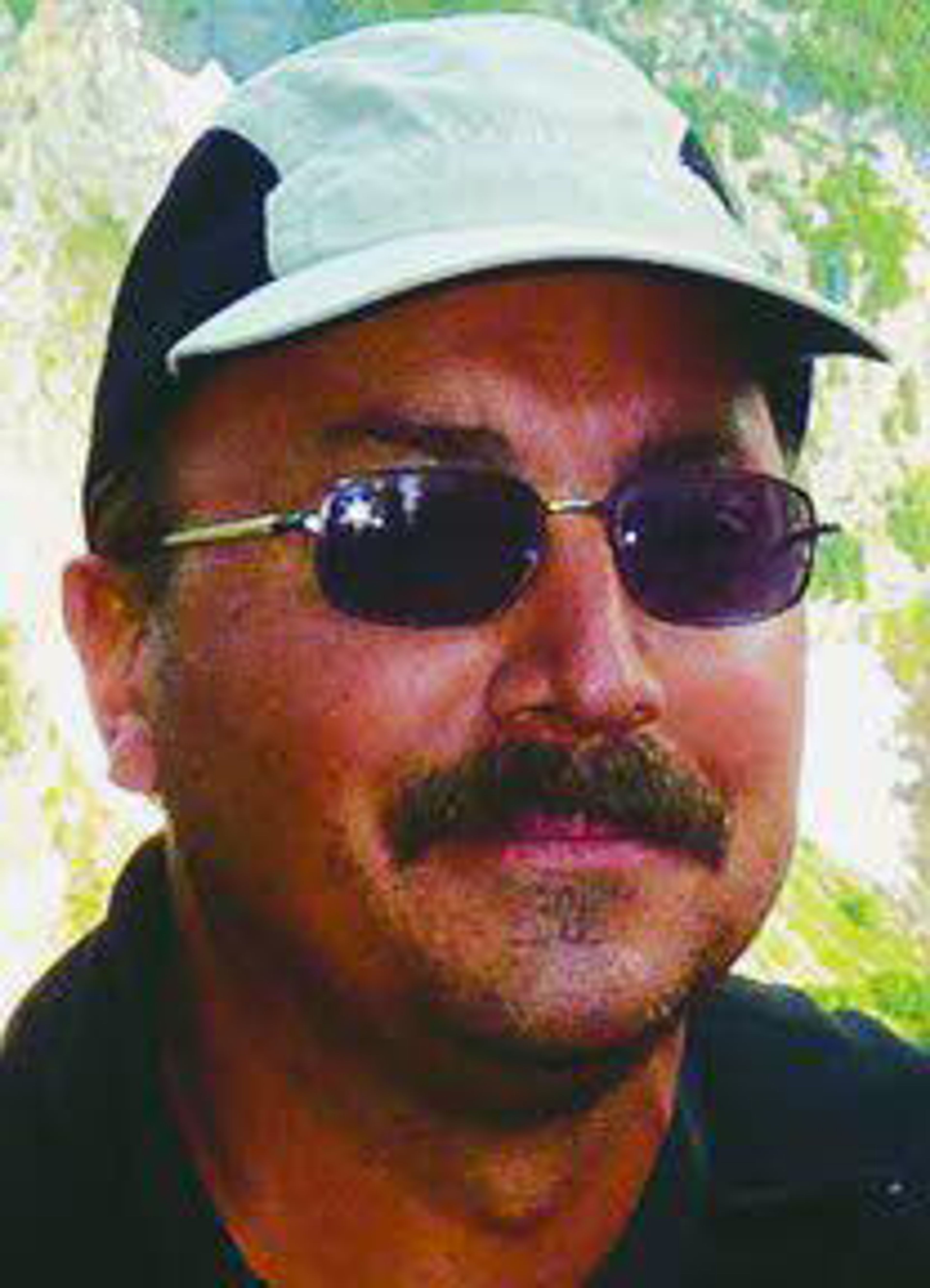Saving Green: How a Moscow congregation built resilience into its recent renovation
The recent natural gas outage served as a wake-up call for our entire community.
Most of us depend on natural gas for heating our buildings, and many of us also use natural gas for hot water and cooking.
In the spring of 2021 the Unitarian Universalist Church of the Palouse embarked on an ambitious building project. The historic main church building needed some major renovation, and the religious education building (aka the “Yellow House”) had become nearly uninhabitable. Both buildings had serious limitations in terms of ADA access and both used natural gas for heating. Our congregation acknowledged that our buildings were not welcoming and no longer could support our ministries, so we decided to rectify the situation.
The plan was to remove the Yellow House, replace it with an addition on the church building and construct a modern stairwell with an elevator linking the two structures. At the same time the congregation decided to “green” the facility by replacing all the natural gas equipment with electrical equipment and adding solar panels to the addition’s roof.
We replaced the ancient gas furnaces in the church building with electric air source heat pumps and installed ductless mini-split heat pumps to heat and cool the new addition. In our region, more than half the electricity for our heat pumps is generated by renewable, clean sources.
Heat pumps are about three times more efficient than a modern gas furnace since they extract and transfer existing heat from the air instead of generating it. Current models work down to -10 degrees Fahrenheit before the backup electric resistance heater takes over. At the end of the construction, we capped off our natural gas connection.
Because of these changes, we were able to serve as a warming center during the recent natural gas outage.
People used our facility to warm up and take hot showers. We also distributed food and electric space heaters to those who needed them the most.
Although the relatively common Palouse area electrical outages generally don’t last more than a few hours, a very rare natural gas outage can apparently affect service for up to a week. We were extremely lucky to have unseasonably mild weather during the outage. Many people expressed surprise and fear at learning just how vulnerable we are without access to natural gas.
The city of Moscow’s Climate Action Plan has set a goal for our community to reduce the amount of fossil fuels we use over the next decades — including natural gas.
Homeowners can make the same kinds of decisions we did as a church … installing solar panels, swapping out traditional HVAC systems for heat pumps, and choosing high-efficiency electric appliances, including stoves and hot water heaters. While these steps do have costs associated with them, we’ve found that the savings on the other side are quite substantial. Our facility is quite spacious, yet our electric utility bills are lower than the combined gas and electric bills of many single family homes.
Beyond the economics, this outage demonstrated that the choice to “green” our facility, made because we are a faith that values interdependence and teaches responsible stewardship, also made us more resilient in the face of infrastructure failure.
With the changing climate causing more severe weather, we are likely to experience more power outages of all types, and they are likely to last longer. We must become more resilient, both as individuals and as a whole community.
Although the church is not currently configured to run on only our solar panels, and we don’t have batteries for energy storage, we will be looking at these possibilities for the future. If we decide to generate and store enough electrical energy to power at least a portion of our facility for several days, we will be able to keep our church open and offer refuge to community members during extended power outages of any type, all with increasingly clean electricity.
It’s not fun thinking about natural disasters and infrastructure failures. We invite you to spend some time reflecting on what you might do to “green” your home and increase your personal resilience. May we continue to be good neighbors to one another, especially when we are facing challenges like the recent outage.
Poplawsky is a long-time member and Stevens is minister of the UUCP. They feel we all can do our part to address climate change.









